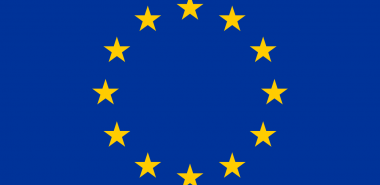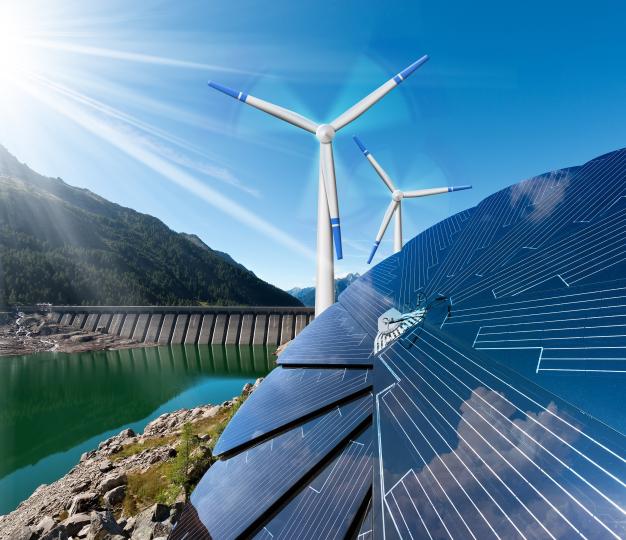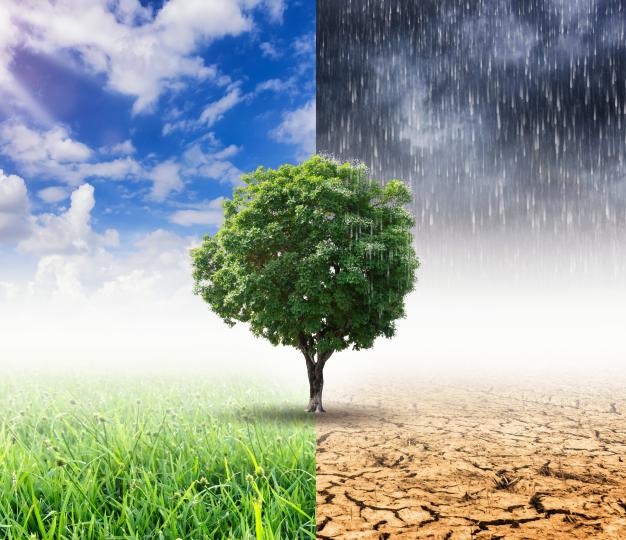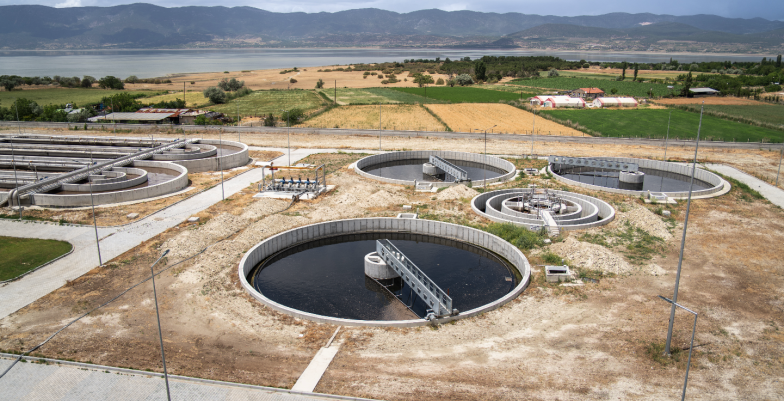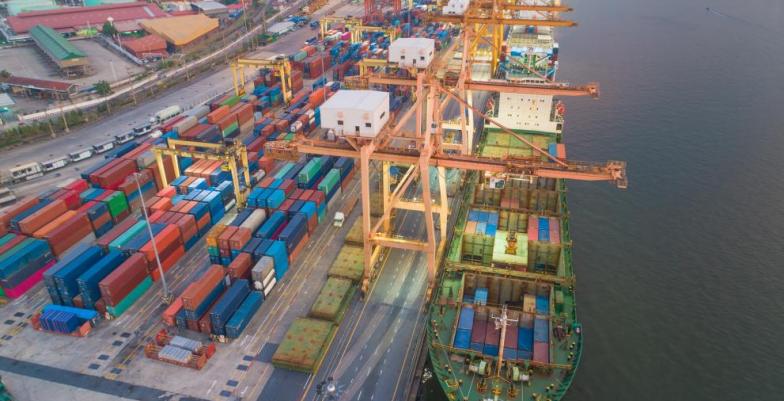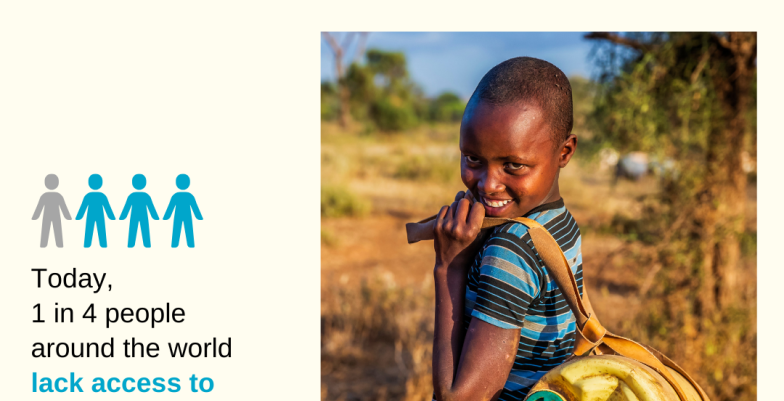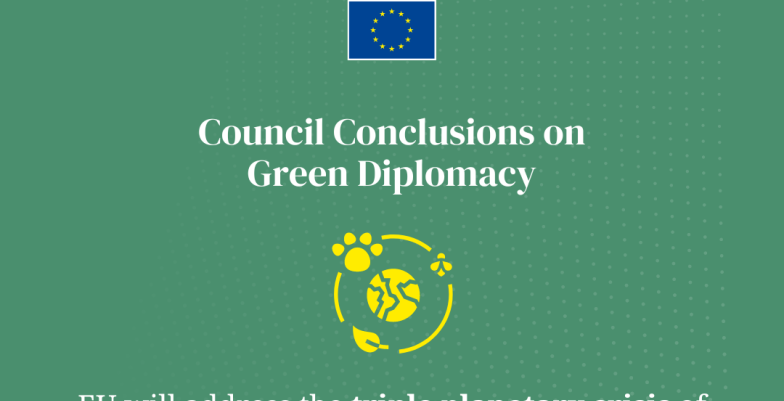Climate Action
The EU contributes to fighting climate change at global level through both domestic action and international cooperation.
Domestic policies, legislation and initiatives include:
- carbon pricing
- energy transition towards renewables,
- low-emissions and no-emissions transport options
- more environmentally-friendly land-use and agriculture
- more sustainable cities
- climate-resilient communities,
- fewer emissions from all sectors of our economy.
In Focus
Navigate the topic
Climate Diplomacy
Fighting climate change requires sustained political and diplomatic mobilisation at global level, especially by the G20 countries accounting for almost 80% global emissions. The EU uses its foreign policy instruments, including policy dialogues, high ambition alliances and partnerships, international negotiations and financial instruments to advance the sustainable development and climate change agenda and promote its implementation in partner countries. Areas of engagement include:
- The UN climate convention (UNFCCC) and other international fora
- Bilateral relations with non-EU countries
- New country Japan - EU-JP Green Alliance
- New country Viet Nam - Just Energy Transition Partnership with Viet Nam
- Just Energy partnership with Indonesia
- Policies and initiatives at EU and international level
- Further scale-up of finance to support developing countries and the Least Developed Countries in their efforts to tackle and adapt to climate change
- Trade policies and trade agreements
- Multilateral transport organisation
Climate Adaptation
To support countries around the world in adapting to climate change the EU finances a wide variety of programmes and projects. Examples of adaptation measures include: using scarce water resources more efficiently; adapting building codes to future climate conditions and extreme weather events; building flood defences and raising the levels of dykes; developing drought-tolerant crops; choosing tree species and forestry practices less vulnerable to storms and fires; and setting aside land corridors to help species migrate.
The EU will increase support for international climate resilience and preparedness through the provision of resources, by prioritising action and increasing effectiveness, through the scaling up of international finance and through stronger global engagement and exchanges on adaptation.
The EU adopted its own new EU Strategy on Adaptation to Climate Change on 24 February 2021. The new strategy sets out how the European Union can adapt to the unavoidable impacts of climate change and become climate resilient by 2050
Climate and Security
Climate change is one of the most pervasive current global threats to peace. Extreme weather events linked to climate change (hurricanes, floods, fires, tropical storms, drought, desertification, etc.) become more and more numerous. Their impacts occur against a backdrop of ongoing and worsening political conflict and humanitarian crises, with which they interact.
Climate change impacts have geopolitical effects, affecting security, development and peacebuilding. All countries are affected, but poorer ones disproportionately so. Climate change impacts are already affecting the security of vulnerable communities, especially in fragile contexts where governance is already stretched. These impacts can affect political stability, food security, economic weakness and engender large-scale movement of people.
The EU has recognised the link between climate and security for over a decade and identified the following main principles for action:
- ensure mobilisation at the highest level in national, regional and multilateral fora
- support the implementation of the Paris Agreement
- develop reporting and early warning tools, in priority in most exposed countries and regions
- put the premium on prevention
- promote a comprehensive approach to create synergies between climate action, development policy and security dimension
- promote the role of women as agents of social, economic and political change
The EEAS, in collaboration with the European Commission and the European Defence Agency, developed in November 2020 a specific roadmap focused on the challenges of climate change for the Defence sector, as a contribution to tackle the wider climate and security nexus.
Green Diplomacy Network
Coordination of the EU’s external action in this field is supported by the Green Diplomacy Network . The GDN works at European level in Brussels and around the world where EU Delegations and Member State embassies work in a coordinated way to implement EU priorities and/or organize outreach through events, seminars, public diplomacy actions and official demarches, as fostered in particular through the Climate and Energy Diplomacy Conclusions of 2020 and 2021.
Climate finance
The EU and its Member States are the world’s largest donors of climate finance, with EUR 23.2 billion committed in on 2019.

